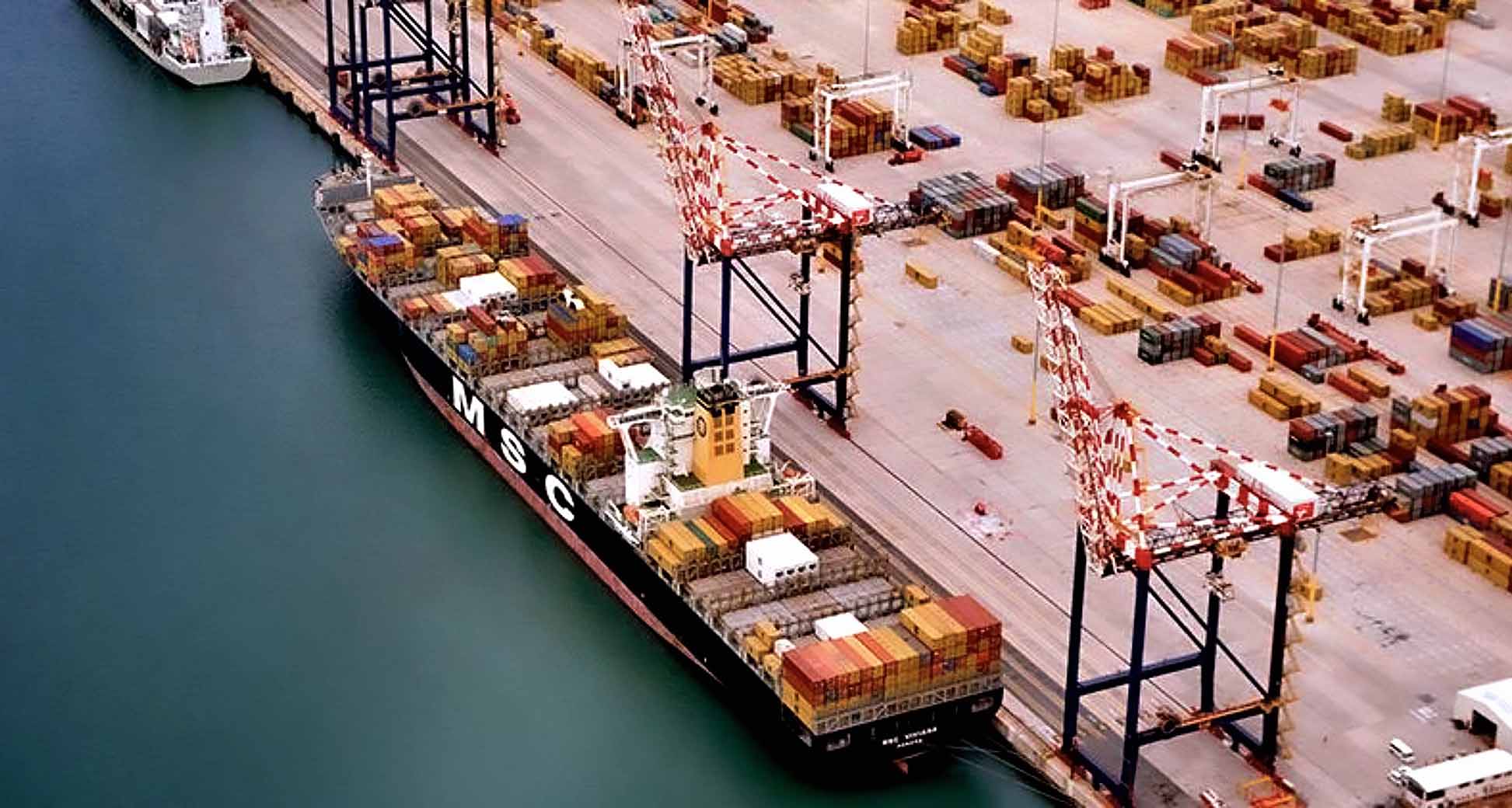The Eastern Cape launched the first provincial Oceans Economy Satellite Account, a data-driven blueprint detailing its full maritime potential, including shipping, fishing, tourism, and offshore gas exploration.
The Eastern Cape has become the first province in South Africa to launch a dedicated Ocean Economy Satellite Account – providing data for investors.
The Satellite Account is the official data investors use to assess risk and return. According to the research, this is the first verifiable, large-scale dataset on a specific South African ocean economy.
What is the Oceans Economy?
The Oceans Economy refers to the range of economic activities that promote the sustainable use of ocean resources for economic growth, improved livelihoods and jobs, while preserving the health of the ocean ecosystem.
/file/dailymaverick/wp-content/uploads/2024/01/000030845.jpg)
Eleven years ago, the scoping study by the National Operation Phakisa: Oceans Economy Secretariat, found that the ocean’s economy could contribute up to R177-billion to South Africa’s Gross Domestic Product and create more than one million jobs by 2033.
The South African coast is recognised globally as a marine biodiversity hotspot, with close to 13,000 marine species and the third-highest number of endemic marine species in the world.
Nationally, the South African fisheries sector is worth about R8-billion a year, and the commercial sector directly employs about 28,000 people.
Significant benefits for Eastern Cape
According to the study commissioned by the Eastern Cape Socio-Economic Consultative Council, the province will benefit significantly from a well-documented and analysed ocean economy.
“The Provincial Government, according to the study, is currently collaborating with various social partners to unlock the full potential of the province’s coastline, which includes Marine Transport and Manufacturing; Offshore Oil and Gas; Aquaculture and Fisheries; Marine Protection Services and Ocean Governance; Small Harbours Development and Coastal Development and Coastal and Marine Tourism.
“Other areas of focus include skills development as well as research and innovation,” the study reads.
Also read: Mcebisi Jonas spells out his vision to revitalise Eastern Cape’s ailing economy
It continued: “The Eastern Cape poses promising results in terms of economic development and growth in the Oceans Economy. The Oceans Economy sector must be used as a growth frontier and lever to drive an inclusive economy. This will ensure that all sectors of society benefit from its growth,” the study continued.
/file/dailymaverick/wp-content/uploads/2024/10/Harbour08.jpg)
Biggest contributors
The study identified three major contributors to the Oceans Economy where value could be unlocked. These were transport and logistics, offshore gas and oil exploration, and tourism.
Data from 2023 used for the study show that the Oceans Economy contributed R27.9-billion, representing 5.2% of the overall Eastern Cape economy that year.
The total output of the blue economy contributed R54-billion, generating a Gross Value Added (GVA) of R25-billion, with R3.1-billion in investment and the creation of about 43,000 jobs.
The study notes that “investment in exploration projects, particularly in Algoa Bay, can drive long-term economic benefits”.
It further highlights enhancing port capacity, automation and logistics connectivity to industrial zones to attract foreign direct investment.
“With potential seabed mining opportunities, regulatory frameworks must balance economic benefits and environmental protection,” the study found.
“The province must position the Oceans Economy to meaningfully integrate the provincial economy into the global value chains to remain competitive and future-ready,” the study continued. However, it said it would be essential to promote environmental responsibility, particularly when developing or extracting natural resources.
“Community inclusion and transformation targets are vital to ensure long-term success and protect national assets. Sustainability and security must remain central in maritime development,” the study said.
What’s holding the province back?
The study further states that there is a pressing need for industry empowerment and stronger alignment with the Oceans Economy strategy, which includes sustainable ocean resource use for economic development and job creation.
“The province must position the Oceans Economy to meaningfully integrate the provincial economy into the global value chains to remain competitive and future-ready,” the study said.
It emphasises that when a decision is made to develop or extract natural resources, community inclusion, transformation targets and protection of national assets are vital to ensure long-term success.
“Sustainability and security must remain central in maritime development,” the document said.
Read more: Wild Coast fishing communities take battle against Shell to ConCourt
The study said that increasing exports meant more than just volume, but should also mean that the province’s economic strategy was adjusted to target sectors that had high domestic linkages, as these offered greater potential for inclusive growth and structural transformation.
Supporting export-ready firms in such sectors through trade facilitation, infrastructure upgrades, export incentives and value chain development could significantly enhance the overall impact of trade on the provincial economy.
“This approach ensures that the gains from global trade are more evenly distributed and contribute meaningfully to local job creation and enterprise development in the Eastern Cape,” the study said. DM




 The Port of Ngqura in Nelson Mandela Bay. (Photo: Transnet)
The Port of Ngqura in Nelson Mandela Bay. (Photo: Transnet) 